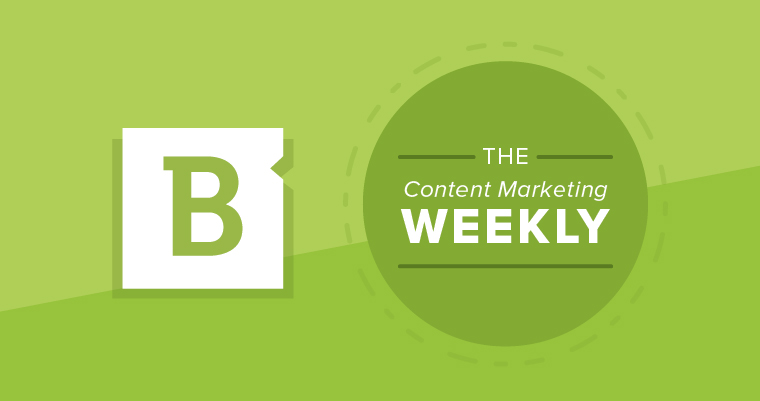Professionals in every industry have their own sets of go-to tools. Content marketers’ tool boxes might contain a style guide, some sort of email marketing platform and a collection of social media accounts.
Some will be used daily, while others might begin to collect dust. You may learn that there’s a new and improved version of a trusty standby to explore.
This week’s Content Marketing Weekly is all about identifying your star players and determining which tools might be better left back home in the garage. Let’s roll up our sleeves and get to work.
As the saying goes, a wrench is a good tool – but don’t try to drive a nail with it.
SEMrush Integrates With Yext Technology to Create new ‘Listing Management Tool’
One of our favorite marketing softwares just added a new gadget into its already well-rounded suite. SEMrush announced that it has integrated with Yext to create a “Listing Management Tool,” according to MarTech Advisor.
The new tool uses the Yext Knowledge Engine to give users the ability to control business brand data on certain digital services. According to Yext, many companies already use this tool to increase brand awareness and bring in new customers. Combining it with SEMrush’s capabilities can give marketers greater insights into their digital footprints.
“Digital knowledge management is one of the areas of digital marketing that can be greatly improved by technology,” Eugene Levin, Chief Strategy Officer at SEMrush “The Yext solution has proven to be best-in-class … Ultimately, this integration is a clear win for both companies but even bigger win for our customers.”

How to Take Advantage of Facebook’s Advanced Matching Pixel
Facebook is an obvious instrument in many marketers’ tool boxes. But is the Advanced Matching Pixel included in your collection?
This resource has been available for two years, and it gives marketers the benefit of being able to more accurately track the role Facebook plays in a campaign. Before its 2016 debut, companies could only see if a person who converts also saw a Facebook ad if that person completed that action in a browser that also had the Facebook cookie. If the individual cleared their cookies or used a different browser, advertisers couldn’t see the connection between a Facebook ad and a conversion.
Facebook recently updated the Advanced Matching Pixel so it has two versions: automatic and manual, according to Marketing Land. The automatic version can give marketers greater control over the metrics they’re tracking by allowing them to create bigger customer audience sizes and tie more conversions to Facebook ads.
Users have always been able to create custom audiences, but the automatic version constantly syncs customer data and matches it with Facebook users. This should help make campaigns more effective.
When a customer converts, it’s usually the last touchpoint the customer made with a brand that gets all the credit (last touch attribution). The updated pixel shows which of those conversions were also exposed to your Facebook ads.
Learn more about this tool here.
A Link Building Checklist to Earn More & Better Links
Like many aspects of digital marketing, link strategy has undergone a major evolution over the years. While marketers previously focused on quantity, today a sound link strategy is all about quality, relationships and engagement.
Search Engine Journal previously created an eBook to show what an excellent link strategy looks like. In a recent post, SEJ takes much of that information and condenses it into a convenient week-by-week and month-by-month how-to checklist. Use this tool to help guide you to lucrative links.
Ranking the 6 Most Accurate Keyword Difficulty Tools
Part of compiling a great set of tools is refining the ones you have and identifying the ones you can nix. One gadget all content marketers should be using is a keyword research tool that evaluates organic difficulty. As Brafton’s own Jeff Baker pointed out in an article for Moz, just about any old keyword difficulty tool is better than none at all.
But wouldn’t it be nice to know which is best at predicting how well you might rank on a particular keyword?
Jeff thought as much, so he studied the outcomes of a series of blog posts each targeting a unique keyword. Then, he compared the results to the keyword organic difficulty scores provided by six tools: Moz, SEMrush, SpyFu, Ahrefs, KW Finder and Google Keyword Planner Tool. Through a series of tests and adjustments, he determined which was the most accurate and which ultimately didn’t do much at all.
See the rest of his results on Moz.
To a person with a hammer, everything looks like a nail, so says the law of the instrument. Content marketers know better than that, though. An excellent device can help you accomplish certain tasks really well. But it’s important to know when to put that hammer back down to reach for something else.
Check back next week for another edition of the Content Marketing Weekly.





